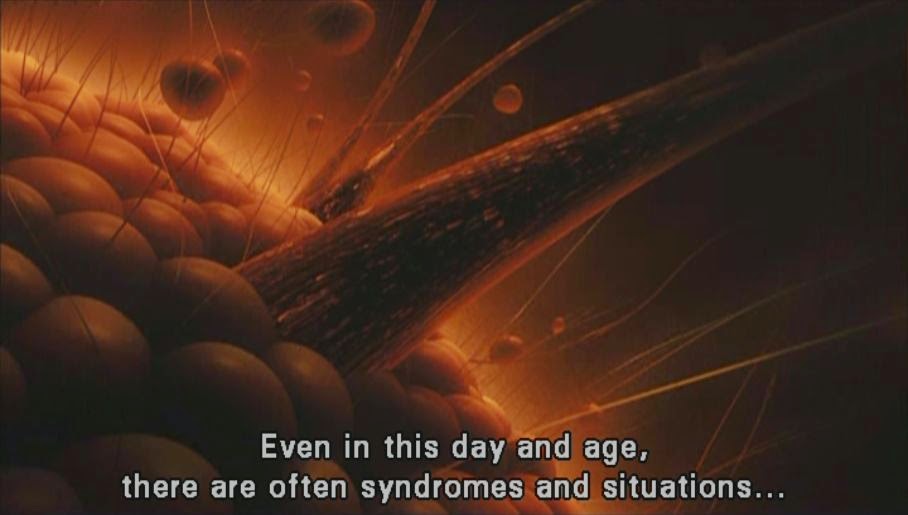Whether or not it's driven by fear, human imagination can run wild. Its the stuff of art, from painting and sculpture, to novel and film. But while it can be entertaining, and certainly adaptive, imagination can work against our efforts to take stock of disease and take effective action. The essence of the Algorithm for Disease I am formulating is not necessarily to bemoan, manipulate, or otherwise dismiss wild imagination, but rather to acknowledge it as part of our nature and to account for it wholly when dealing with disease.
Once I worked with a manic-depressive woman at a psychiatric hospital in Chicago. She imagined a romance with another patient, who I believe was also manic-depressive. He had been discharged recently, and soon thereafter she approached our nursing station in an increasing state of worry and frenzy about where he was. It would've been easy to tell her to calm down, to dispute her imagination, and even to medicate her. But quickly and calmly I stepped in, walked her away from hectic station, and acknowledged that she must've been very sad when her fellow patient left. I reassured her that he was doing fine, and just like that she settled down nicely.
Said differently, imagination is part of our human reality. Our efforts may not always work as well as with this inpatient woman, but the paradox is that we have to account for it, empathize with it, and reassure it, before we can get to that logical assessment of any situation.
Note: In the DVD for `The Invasion (2007), the fourth film adaptation of the classic Jack Finney novel `The Body Snatchers, We've Been Snatched Before is a feature program. I couldn't find an upload of it on YouTube, so the next best thing, I thought, was to capture this thought-provoking program via the foregoing screen shots.
















No comments:
Post a Comment